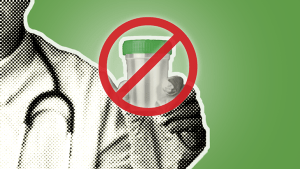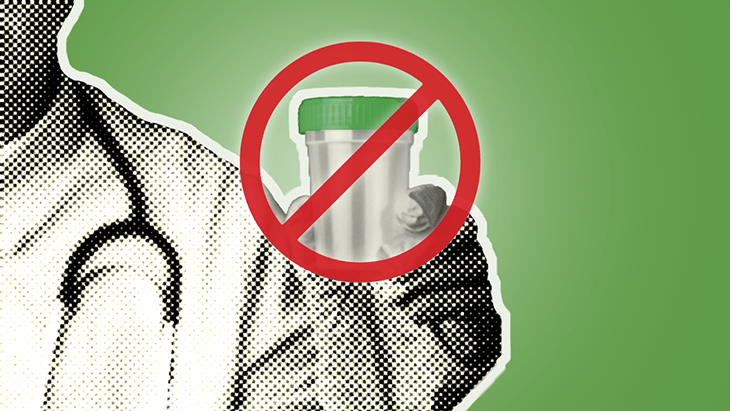
Legislation took effect on January 1st prohibiting employers from taking adverse actions against new hires because of a failed drug test for marijuana.
The new law, which was signed last May by Democratic Gov. Jay Inslee, states, “It is unlawful for an employer to discriminate against a person in the initial hiring for employment if the discrimination is based upon: (a) The person’s use of cannabis off the job and away from the workplace; or (b) An employer-required drug screening test that has found the person to have non-psychoactive cannabis metabolites in their hair, blood, urine, or other bodily fluids.”
Pre-employment testing requirements will remain in place for those seeking jobs in certain safety-sensitive positions. The new law does not impact workplace policies that require current employees to undergo testing for off-the-job cannabis use, or that punish those who test positive.
Washington is among a growing number of jurisdictions that have recently amended their drug testing regulations for public employees. Nevada and Michigan have similarly adopted legislation limiting pre-employment cannabis testing for new hires, as have numerous municipalities, including Anchorage, Atlanta, Baltimore, Cleveland, Kansas City, Philadelphia, and St. Louis.
Other states and jurisdictions, including California, Connecticut, the District of Columbia, Montana, Minnesota, New Jersey, New York, and Rhode Island have expanded these policies to limit cannabis testing for both new hires and existing employees.
Numerous studies indicate that employees who consume cannabis during their off hours perform no differently than their non-using peers. Specifically, they do not pose an increased safety risk. According to an exhaustive review by the US National Academy of Sciences, “There is no evidence to support a statistical association between cannabis use and occupational accidents or injuries.”
Additional information is available from NORML’s fact sheet, ‘Marijuana Legalization and Impact on the Workplace.’
Related
Medical Disclaimer:
The information provided in these blog posts is intended for general informational and educational purposes only. It is not a substitute for professional medical advice, diagnosis, or treatment. Always seek the advice of your physician or other qualified healthcare provider with any questions you may have regarding a medical condition. The use of any information provided in these blog posts is solely at your own risk. The authors and the website do not recommend or endorse any specific products, treatments, or procedures mentioned. Reliance on any information in these blog posts is solely at your own discretion.






